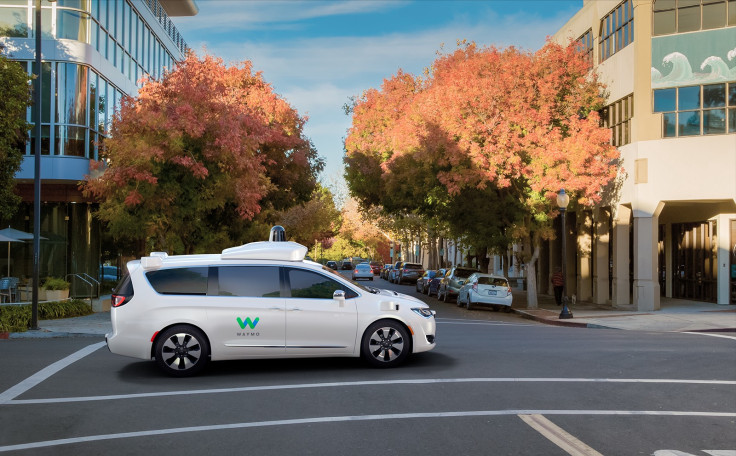Waymo vs Uber: Ex-Google driverless car exec allegedly 'spent years secretly creating rival company'
Lawsuit also claims Anthony Levandowski was paid $120m by Google before leaking 14,000 documents to Uber.

The former head of Google's self-driving car project was paid $120m (£96m) by the internet search giant while secretly setting up a rival company, before stealing trade secrets and taking them to Uber, a new court filing claims.
The legal documents, released on 3 April, claim Anthony Levandowski spent more than three years quietly developing his own self-driving truck company, Otto, which he would later sell to Uber for a reported $680m. Lewandowski is accused by Google of downloading 14,000 confidential documents onto a USB stick and taking them to Uber, which is then claimed to have used the intelligence to create its own autonomous car technology.
Levandowski, Google claims, earned the $120m in "incentive payments...all while he was breaching his obligations to Google and building a company that would compete with Google". The engineer is also accused of being involved with one of two competing firms he helped Google investigate.
Newly unsealed court documents also reveal that a second Otto employee is implicated in the lawsuit brought by Waymo. Due to redaction errors where the second person's first name was redacted in one mention, but only his surname was redacted in another, he has been revealed as the other Otto co-founder, Lior Ron.
The claims of Levandowski secretly working on his autonomous truck company as far back as 2012 have come to light less than a week after he claimed his Fifth Amendment rights, whereby he can refuse to speak in court due to the risk of incriminating himself.
But US District Court Judge William Alsup has other ideas, saying on 30 March: "If you think for a moment that I'm going to stay my hand because your guy is taking the Fifth Amendment and not issue a preliminary injunction to shut [Uber's autonomous technology testing] down...you're wrong,"
Waymo is seeking an injunction against Uber using the allegedly stolen technology. If this is granted in court than Uber will be unable to use any of the implicated technology, thwarting its autonomous car development and potentially taking its fleet of self-driving taxis off the road.
A hearing is scheduled for 3 May 2017, when Waymo will ask the court for a preliminary injunction, temporarily stopping Uber from using the technology at least until the trial has ended. Uber has not filed a response in court, but says Waymo's claims are baseless.
Uber's associate general counsel Angela Padilla said in a statement: "We look forward to our first public response laying out our case on Friday, 7 April. We are very confident that Waymo's claims against Uber are baseless and that Anthony Levandowski has not used any files from Google in his work with Otto or Uber."
© Copyright IBTimes 2025. All rights reserved.






















